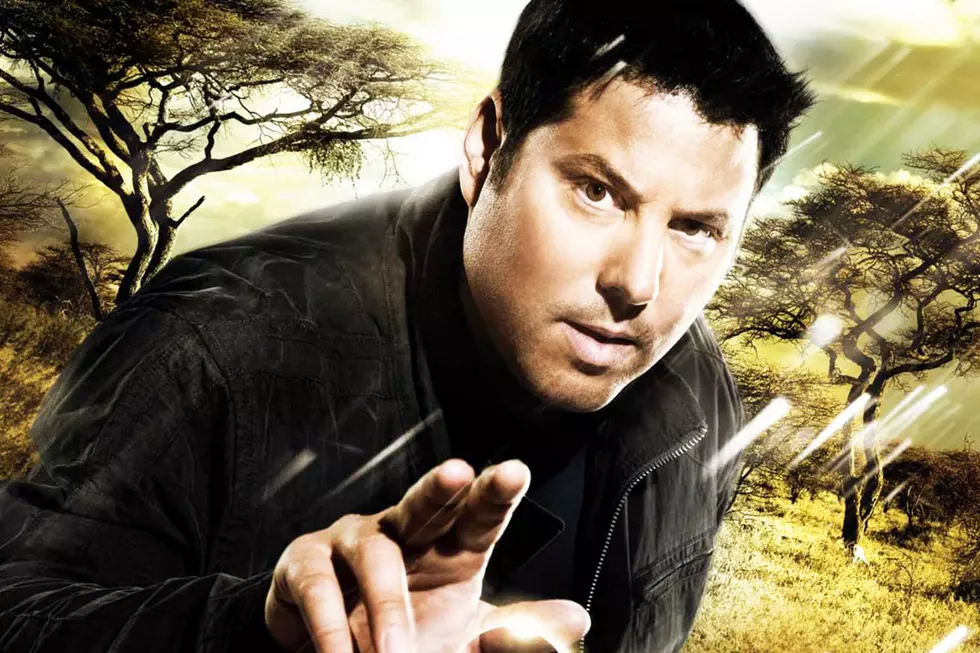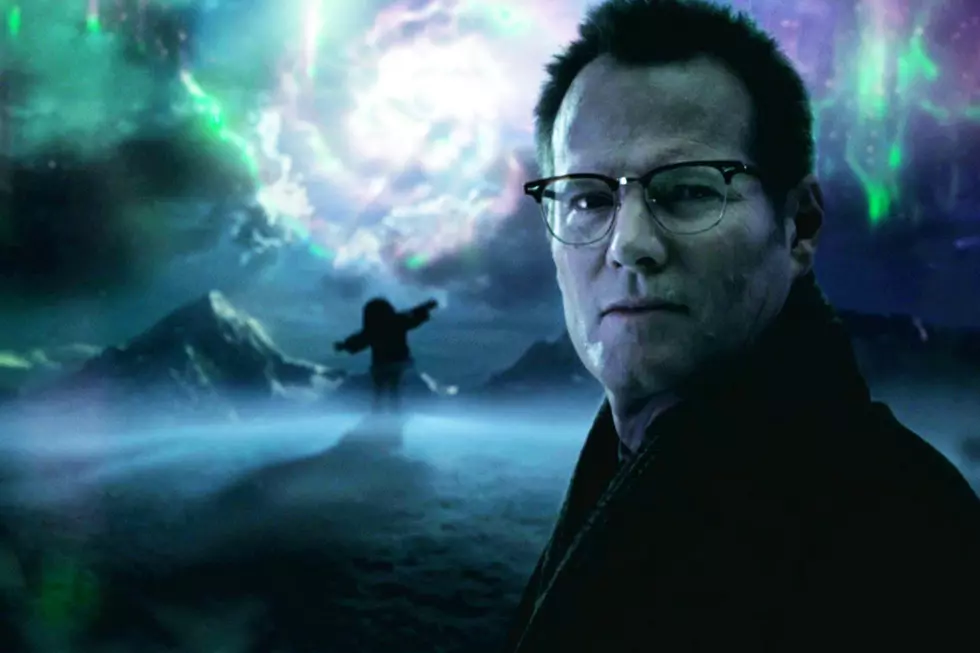
Seduction of the Cynical: Could Comic Books Damage Young Boys?

The American Psychological Association's annual convention went retro this year, when a speaker mentioned that comic books may have a negative effect on the young boys of today. According to Dr. Sharon Lamb, emulating many modern comic book heroes is a bad bet for young men.
"Today's superhero is too much like an action hero who participates in non-stop violence; he's aggressive, sarcastic and rarely speaks to the virtue of doing good for humanity. When not in superhero costume, these men, like Ironman [sic], exploit women, flaunt bling and convey their manhood with high-powered guns. "
When a PhD uses the word 'bling,' it's easy to mock. But there are some very good points hidden under the unfortunate slang.For one thing, Lamb's analysis doesn't concern itself with some abstract idea of wholesome adolescence, and instead looks at concrete ways in which modeling oneself on superheroes may hurt kids. It draws parallels between the hyper-aggressive, antisocial superheroes and apathetic, hazy slackers, and their common theme: an unwillingness to show any vulnerability. A superhero hides behind macho posturing and contempt for others, a slacker behind apathy. Both, according to Lamb, are attempts to 'save face,' and can interfere with school, relationships, or anything that requires enthusiasm.

There's nothing wrong with not baring one's soul, and everyone has their pride, but there's a problem if even the idea of honest appreciation is considered ridiculous. Lamb mentions that many different versions of masculinity are being weeded out of media, leaving only a few role models for young boys, and interestingly, she criticizes superheroes for the same reasons as many comic book fans.
The comic book heroes of the past did fight criminals, she said, "but these were heroes boys could look up to and learn from because outside of their costumes, they were real people with real problems and many vulnerabilities," she said.
The internet is full of reader complaining that otherwise lighter and more quirky heroes are being twisted so that they can be turned into the stereotypical dark and edgy hero. Lamb says that heroes used to fight criminals and 'speak to the virtue of doing good,' but now they're more about endless violence. Comics fans have observed, and sometimes been repulsed by, the same thing.
A little sarcasm isn't much to worry about, and sooner or later every kid learns that acting like The Punisher isn't going to work out for them. Still, this might be a perspective that comic book companies should consider. There have to be ways to act like a man that split the difference between Scott Pilgrim and Wolverine.
More From ComicsAlliance









